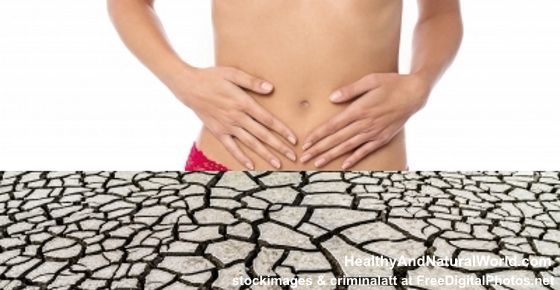
How To Increase Intimacy For Women Who Struggle With Vaginal Dryness
Vaginal problems such as dryness can be related to factors such as breastfeeding, birth control, or the passing of time, for reasons that are often unrelated to age. Studies show that about 50% of postmenopausal women experience vaginal dryness, making it an inevitable part of growing older.
The negative outcome of vaginal dryness can vary from a mildly irritating effect to debilitating. Aside from feeling uncomfortably uncomfortable, it may also lead to painful sex, urinary tract infections, and eventually: a lower libido.
How vaginal dryness affects sex.
Even with increased lubrication, having sex can be painful for women if it makes penetration difficult during intercourse. Women can take steps to prevent soreness by not using lubricants which are too slippery.
While the urinary tract is similar to the vagina, women who suffer from an infection of the bladder, or who develop the bacteria (Escherichia Coli), have a tendency or to report similar symptoms as being in the vagina, such as irritability, redness, and discomfort. As the vaginal milieu changes, so too does the normal microbiome and pH. A:
It's important to note that some women experience vaginal dryness as a reaction to using condoms, spermicides, and using the wrong kind of lubricants. Be sure to find the kind of lubricants that you can rely on. <|endoftext|>
Your vagina can dry out. That affects your sex life.
The first thing to do if you have trouble getting wet down there, the most important thing is to see a medical expert about it.
In order to protect yourself from the symptoms of infections, it’s important to make sure you don’t have an infection. This can be done by checking your vagina.
Lubricant and moisturizers.
An estrogen decrease caused by menopause can mean the vaginal dryness may get worse. Some women may use a personal moisturizer or lubricant to help soothe the soreness in both vaginal and clitoral areas.
Some people are better off with natural lubricants made from coconut oil, but it's up to the consumer
While giving a birth, the goal is for the mother to stay as relaxed and as comfortable as possible. The best lubricators for this would include lubes containing silicone or those of a “cannabis-based lube". Both lubes can relax
(Still trying to find the best lube? Here is a list of mbg's favorite natural brands, or ask your OB/GYN.)
Vaginal dilators.
You might get lucky by using birth control pills or a diaphragm or IUD, but chances are your vagina might need some work if you have a low sex drive. Vaginal dilators are meant to help gradually and gently stretch the vagina, and some women find they work very well.
In-office treatments.
Energy-based treatments include radiofrequency treatment and laser treatment. These help to improve blood circulation, improve the vaginal area and, with respect to laser treatments only, help to reduce wrinkles. However, these should be performed by a doctor with training in these technologies because they can burn.
While vaginal steaming did, indeed, make a comeback due to increased acceptance of holistic wellness, it is still widely considered a bad practice. On the other hand, there’s absolutely no reason to use essential oils inside the vagina.
Bottom line.
If intimacy with your partner is affected by vaginal dryness, communicating with a partner, patient times, foreplay, and the right lube are game-changers. However, if that isn’t enough, it’s important to have a visit to the gynecologist, and/or pelvic floor physical therapy.
The most important thing to know is you don’t need to have a magic solution. There is a unique one just for you!